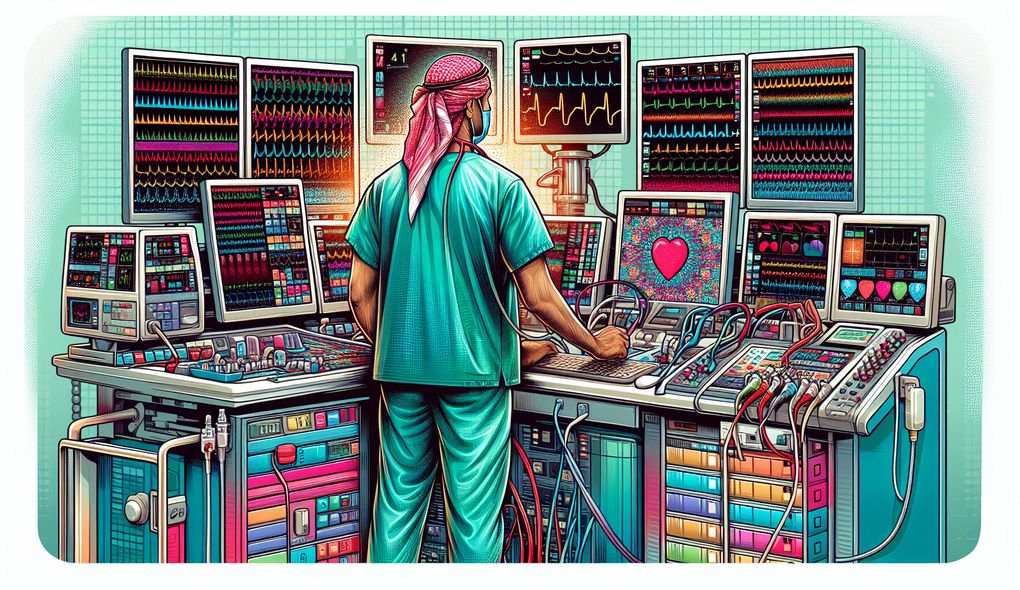How do you handle conflicts or disagreements with members of the healthcare team?
INTERMEDIATE LEVEL

Sample answer to the question:
When faced with conflicts or disagreements with members of the healthcare team, I believe in maintaining open and respectful communication. I would first try to understand the perspective of the other person and actively listen to their concerns. Then, I would express my own viewpoint clearly and provide supporting evidence when necessary. To find a resolution, I would propose a compromise or alternative solution that takes into account the opinions and needs of everyone involved. Additionally, I believe in the importance of seeking guidance from the team leader or supervisor when needed.
Here is a more solid answer:
In my experience, conflicts or disagreements within the healthcare team can arise due to differences in opinions, conflicting priorities, or misunderstandings. When faced with such situations, I focus on open communication and collaboration to find a resolution. For example, in a previous role, I had a disagreement with a nurse regarding the order of administering medications to a patient. Instead of escalating the issue, I initiated a conversation and actively listened to her concerns. Together, we reviewed the patient's medical history, analyzed the medication schedule, and consulted the physician. Through this collaborative approach, we were able to understand each other's perspectives and come to a consensus that improved patient safety. This experience taught me the importance of maintaining professionalism, respecting differing opinions, and actively seeking common ground. Furthermore, I believe that effective communication and collaboration are crucial in a fast-paced and dynamic environment like a telemetry unit, where teamwork is essential for providing optimal patient care.
Why is this a more solid answer?
The solid answer improves upon the basic answer by providing a specific example of how the candidate handled a conflict or disagreement in the past. It also emphasizes how the candidate's approach aligns with the skills and requirements outlined in the job description, such as effective communication and collaboration. However, it can still be further improved by incorporating additional examples or discussing any lessons learned from the experience.
An example of a exceptional answer:
Conflicts or disagreements are inevitable in any healthcare team, and I have learned valuable strategies for resolving them effectively. One notable example was when I was working in a telemetry unit, and there was a disagreement between the nursing staff and the physicians regarding the management of a patient with complex cardiac issues. Recognizing the urgency of the situation and the need for a collaborative approach, I organized a meeting with the involved parties, including the patient's primary nurse, the attending physician, and the cardiology consultant. During the meeting, I facilitated open and respectful communication, allowing each individual to express their concerns and perspectives. I actively listened to everyone's input and summarized the main points to ensure clarity. By creating an environment of open dialogue, we were able to identify common goals and develop a comprehensive care plan that addressed the concerns raised by both the nursing staff and the physicians. This experience highlighted the importance of effective leadership, diplomacy, and the ability to mediate conflicts in a way that promotes understanding and collaboration among the healthcare team.
Why is this an exceptional answer?
The exceptional answer provides a more comprehensive and detailed response by offering a specific and complex example of how the candidate handled a conflict or disagreement in the healthcare team. It demonstrates the candidate's ability to navigate a challenging situation and successfully facilitate a resolution through effective leadership and communication. Additionally, it highlights the candidate's understanding of the importance of collaboration and teamwork in the context of a telemetry unit, as stated in the job description. By sharing a valuable lesson learned from the experience, the candidate demonstrates personal growth and the ability to apply their skills and expertise to challenging situations.
How to prepare for this question:
- 1. Familiarize yourself with different conflict resolution strategies and techniques, such as active listening, open communication, and compromise. Be prepared to discuss specific examples from your past experiences.
- 2. Reflect on any conflicts or disagreements you have faced in your healthcare career and consider the outcomes. Think about what you learned from those situations and how you can apply those lessons in future scenarios.
- 3. Review the job description and identify the skills and qualities that are important for a Telemetry Nurse, such as effective communication, collaboration, and the ability to remain calm in high-stress situations. Think about how you can incorporate these skills into your answers.
- 4. Consider the unique challenges and dynamics that may arise within a healthcare team, especially in a fast-paced and highly technical environment like a telemetry unit. Brainstorm potential conflicts or disagreements that could occur and think about how you would approach them.
- 5. Practice your response to this question with a trusted friend or colleague, and ask for feedback on your communication style, clarity of your examples, and overall effectiveness of your answer.
What are interviewers evaluating with this question?
- Effective communication
- Collaboration

